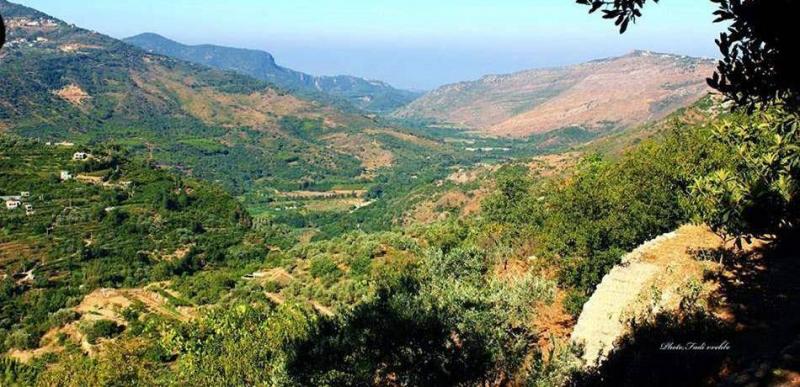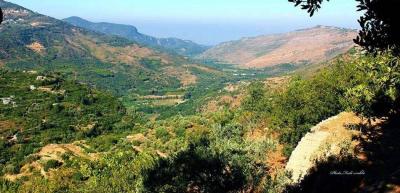The international scientific journal "Engineering Geology" published a new study on the Bisri Dam project conducted by a group of researchers at the American University of Beirut titled "Assessment of the Likelihood of Earthquakes Induced by the Reservoir of the Bisri Dam Project in Lebanon." The study documents a simulation using a two-dimensional model "where water seepage and rock deformation are coupled to estimate changes in ground pressures and the rate of seismic activity."
The study reveals that "the high-permeability damage zone of the Bisri fault lies directly beneath the proposed lake, allowing pore pressure to extend to deeper levels, destabilizing the fault and increasing the rate of earthquakes." The results show that "the increase in the rate of earthquakes persists for decades after the initial filling of the reservoir, indicating that the high risks of earthquakes continue for a prolonged period."
It also notes that "the activation of the Bisri fault due to the lake's water could trigger the activation of the connected Roum fault, which is a major and active fault, potentially leading to significant earthquakes in Lebanon."
The study included a comparison between the seismic impact of the Bisri Dam and the Qaraoun Dam, highlighting the difference between the two dams, considering that "the Qaraoun Dam does not present high risks of reservoir-induced earthquakes since the Qaraoun lake lies on one side of the nearby Yamouna fault."
The study concludes that "the earthquake risks resulting from the Bisri Dam reservoir are extremely high and should be taken very seriously by Lebanese authorities."




